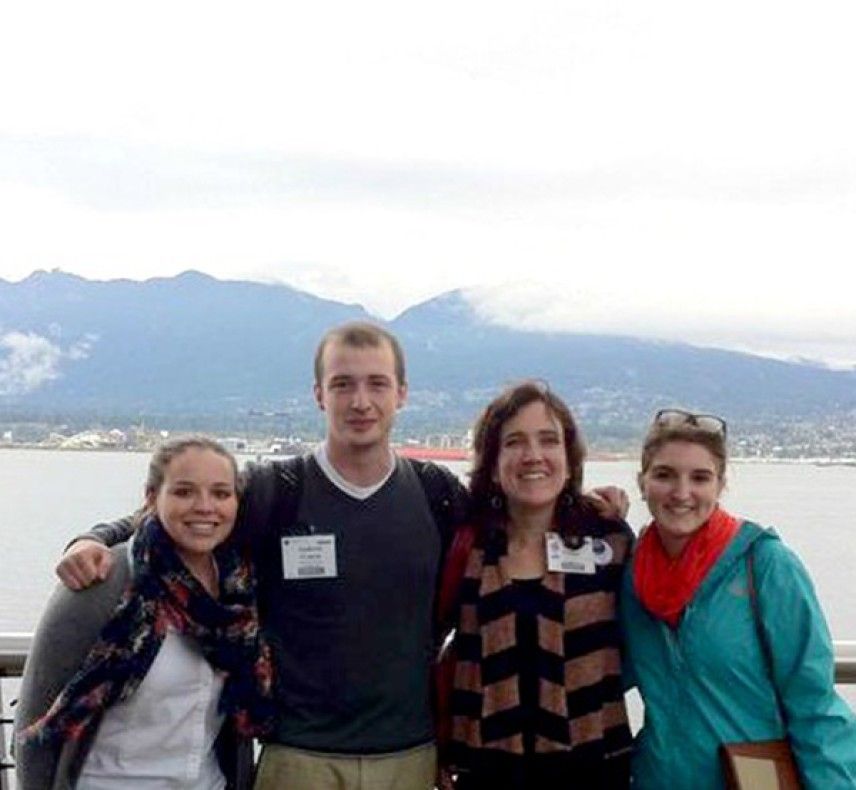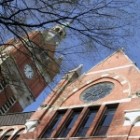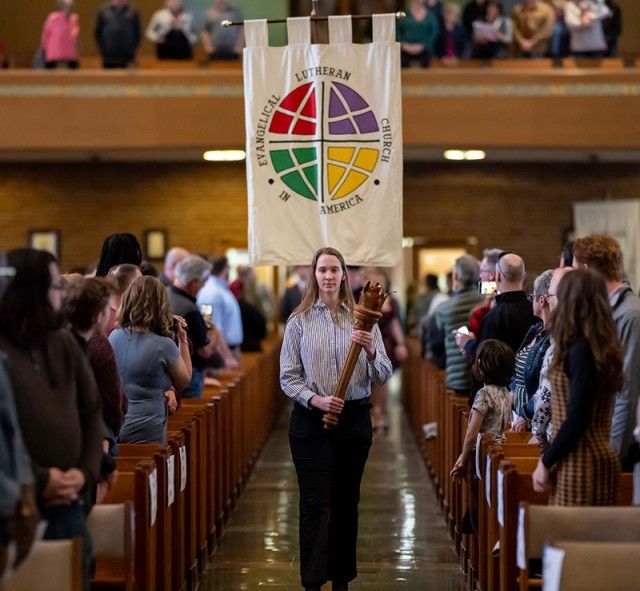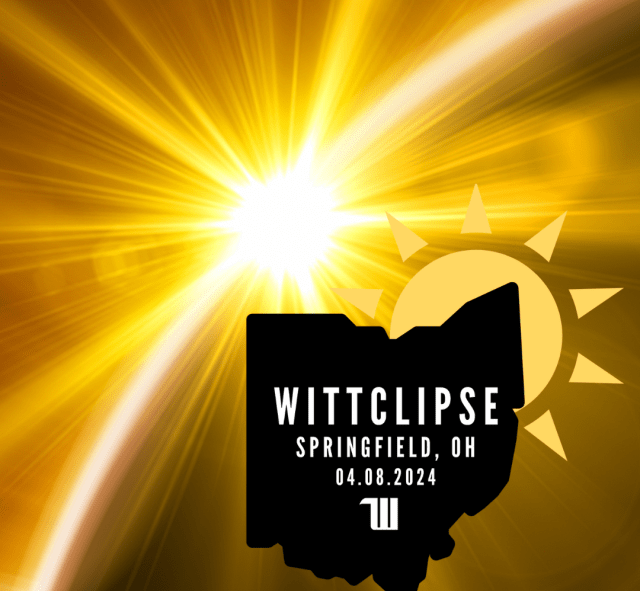Through hands-on learning opportunities that extend beyond the classroom and out into the field, students in Wittenberg’s department of geology presented local research at the Geological Society of America conference in Vancouver, Canada, Oct. 19-22.
Using community- and regional-based issues to explore large-scale ecological issues, Alexis Crisp, class of 2015 from Springfield, Ohio; Andrew Francis, class of 2015 from Spring Valley, Ohio; and Lindsay Starr, class of 2014 from Grove City, Ohio studied ways to improve the local environment.
“Because of our small department and dedicated faculty, hands-on learning is common,” said Crisp, who began her research on wetland ecosystems in collaboration with Professor of Geology John Ritter nearly two years ago through an independent study and continued it through an internship with the Hagen Center for Civic and Urban Engagement. “I have had many research opportunities I don't think I would have had if I were in a bigger department at a bigger school.”
Crisp and Francis both presented their own research on the benefits of transforming public landscapes into wetlands. Crisp discussed the hydrologic ecosystem benefits provided by the Municipal Stadium Wetland, a local wetland on Buck Creek, and Francis shared the potential benefits of transforming the Snyder Park Golf course into a wetland to control flooding and improve water quality.
“Working with Dr. Ritter this past summer was one of the most beneficial educational experiences I’ve had,” said Francis, who conducted his research through an internship with the Hagen Center and hopes to pursue a career in the oil, gas or environmental industry.
Expanding her research beyond the immediate community, Starr analyzed seasonal chloride trends in the Great Miami River.
“With helpful guidance from Dr. Fortner, I looked at a large data set and analyzed trends for the Great Miami River,” she said. “This research impacts the community because we use chloride in the winter for road salt, as well as in the spring for agricultural purposes, and understanding how the community responds to small changes in climate is important in helping us protect the surrounding ecosystems.”
Assistant Professor of Geology Sarah Fortner also presented on behalf of students in the Environmental Science Methods class, which evaluated lead pollution at a residential and graded lot site in the Springfield Promise Neighborhood. Students in the class, including Elizabeth Wilson, class of 2014 from Troy, Ohio; Kyle Breslin, class of 2014 from Hudson, Ohio; Keith Marvelle, class of 2016 from Naples, Fla.; and Tyler Thacker, class of 2015 from Sparta, Ky. worked in collaboration with Ritter and Fortner to conduct research through Lead Safe, a program that evaluates residential lead contamination.
Such student-faculty collaborative research allows students to not only learn how the grand challenges to provide water, soil and earth resources are identified and addressed but to engage in their communities as responsible citizens.
“Collaborating with professors and presenting with them creates a community of learners,” said Starr. “Hands-on learning with professors helped me understand how I can pursue my interests and contribute to society. Their love for geology and environmental science showed me how important it is to contribute back to the community any way possible—especially with research.”






